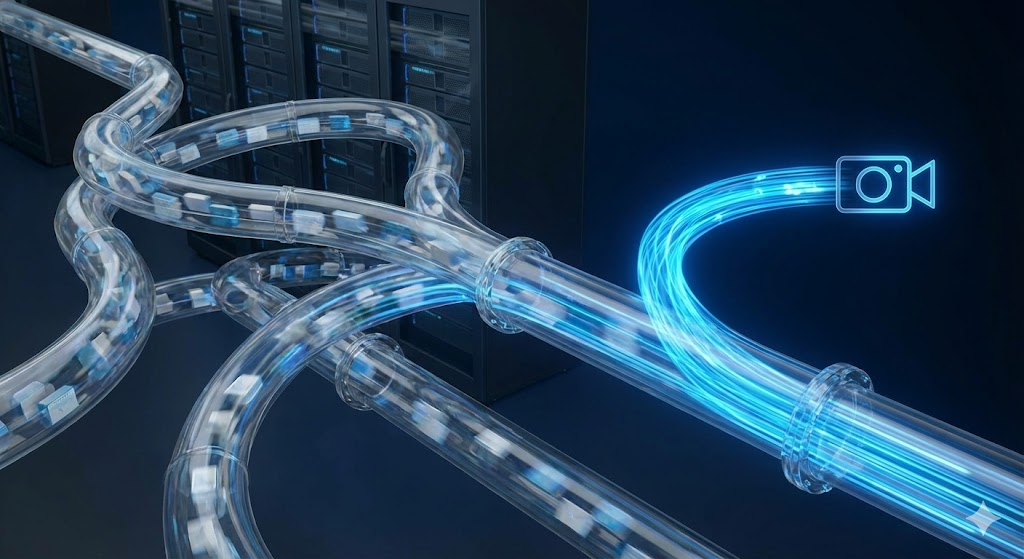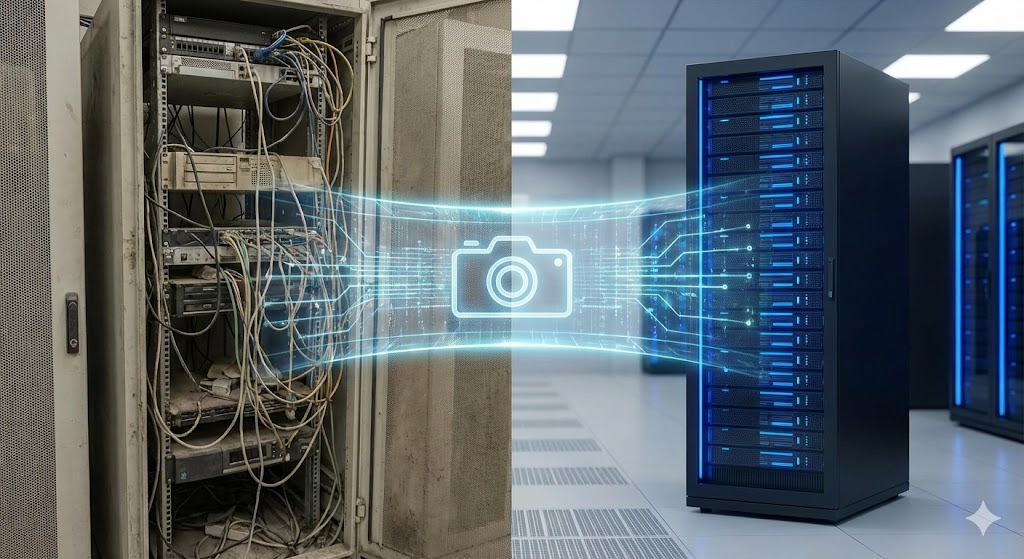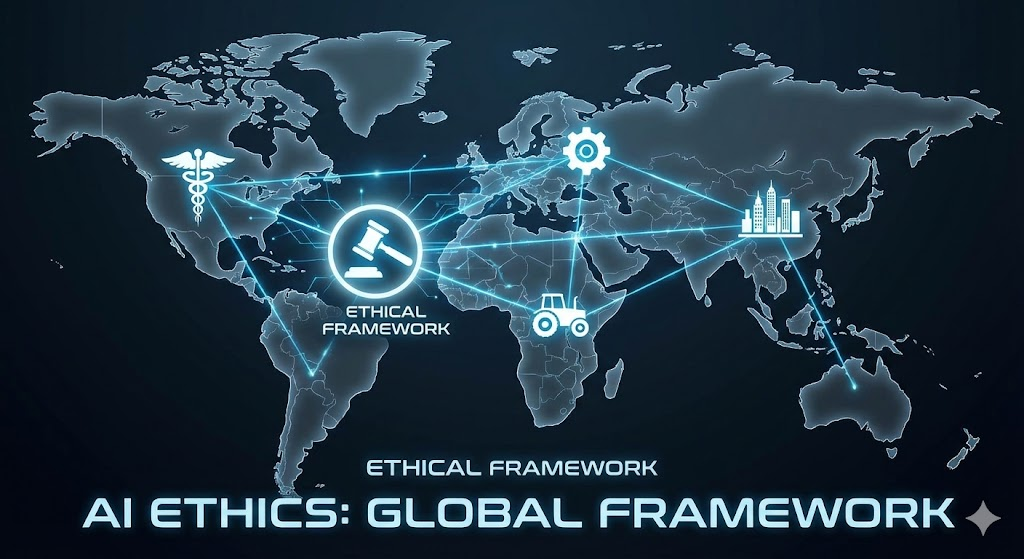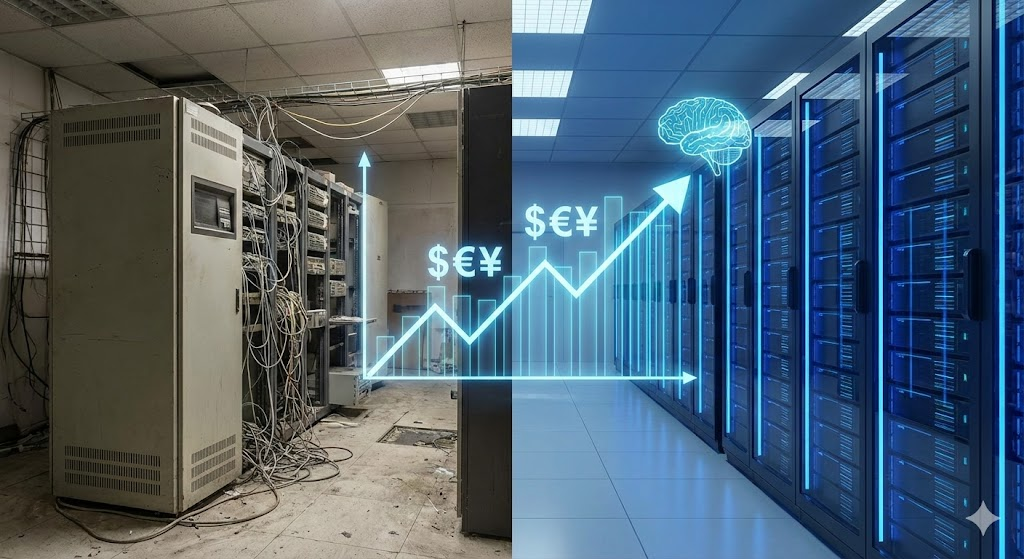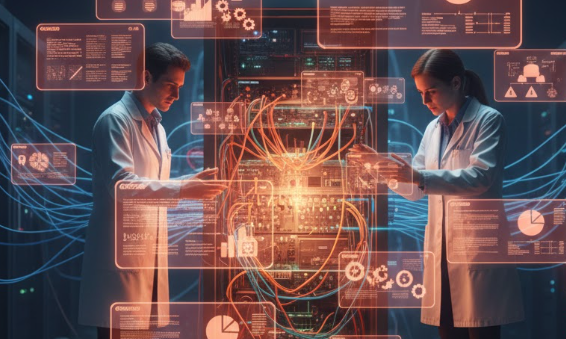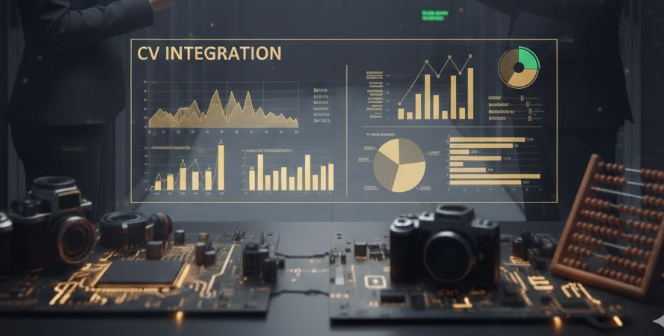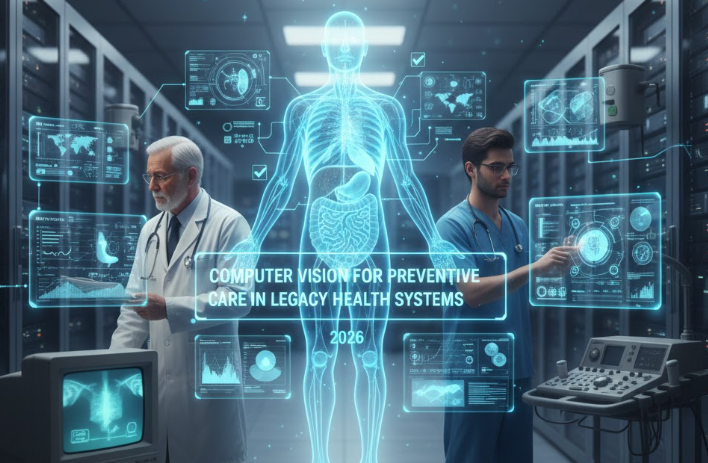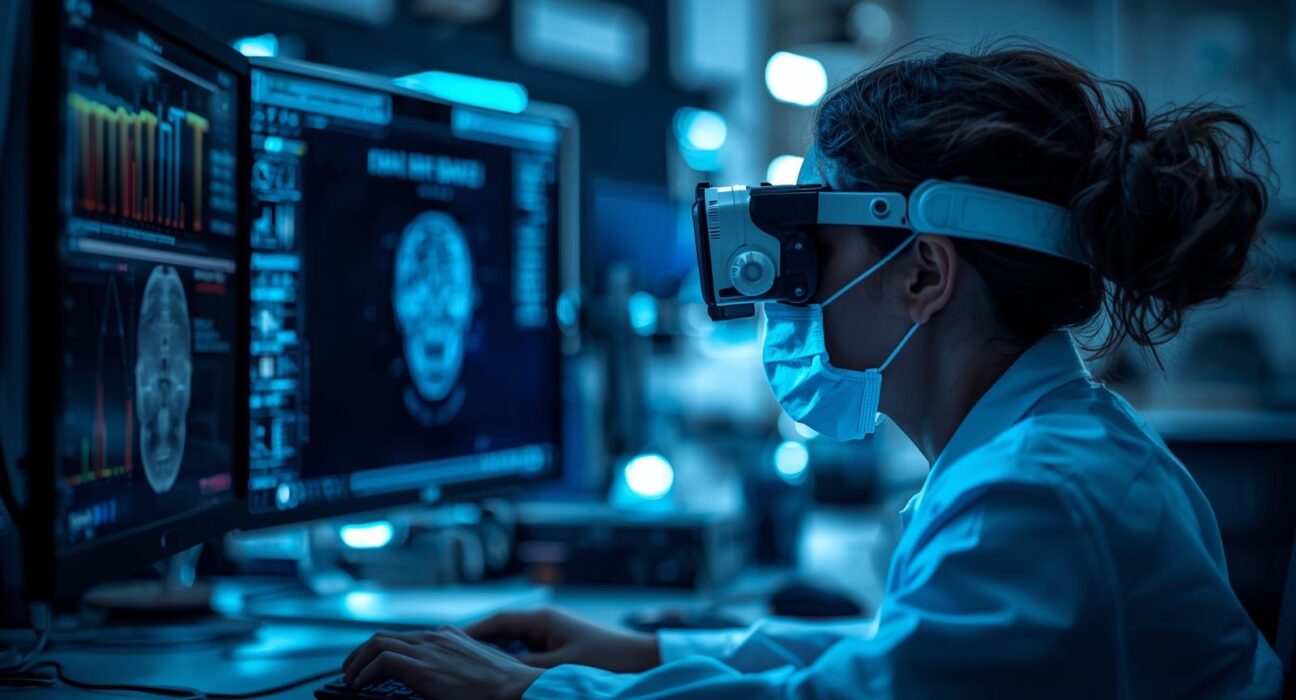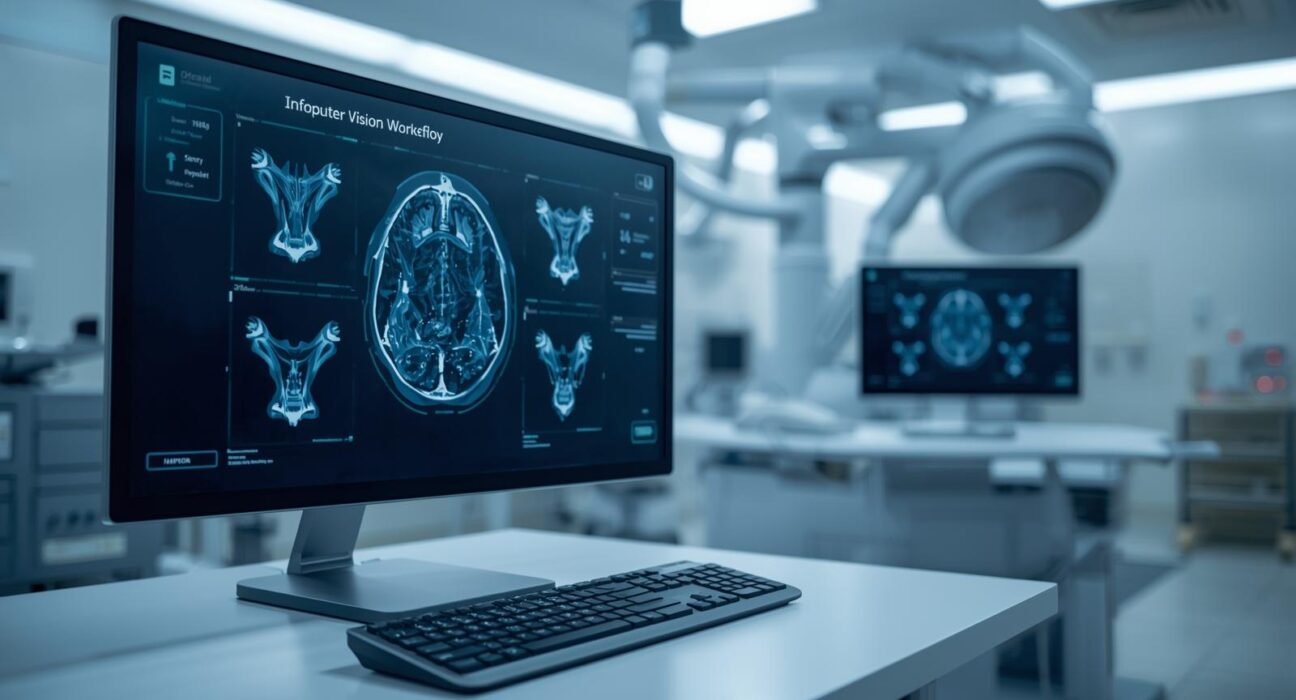Managing Data Pipelines When Adding Computer Vision to Legacy Systems
Computer vision data pipelines become critical the moment visual intelligence is introduced into legacy systems. While cameras and models often get the spotlight, pipelines quietly determine whether the solution works at scale or collapses under complexity. Legacy systems were not designed for image streams, real-time inference, or AI-driven insights. They operate on structured data, fixed


